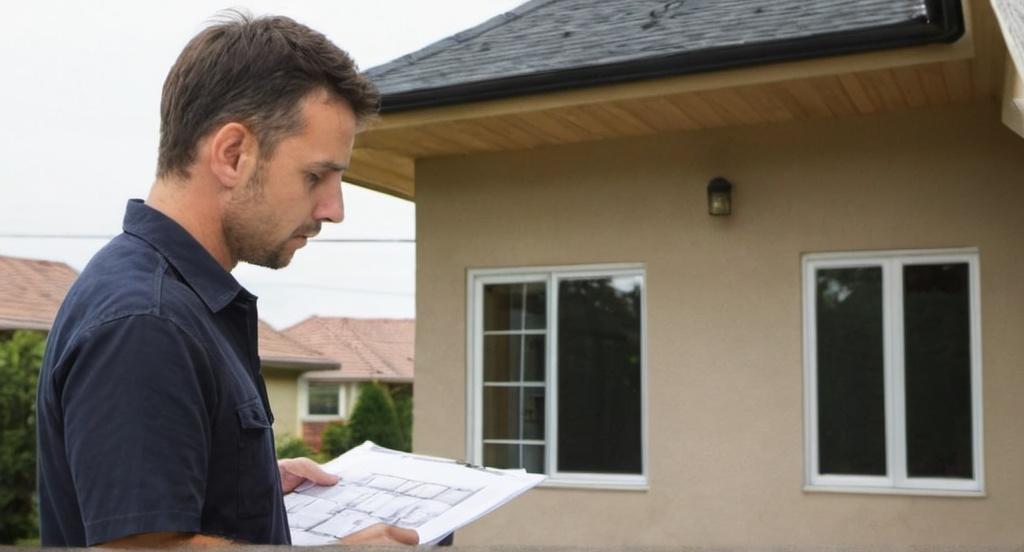Key Take Aways about Hidden Costs to Watch for When Leasing Commercial Property
- Operating Expenses and CAM Fees: Pay for property maintenance, taxes, insurance, and shared spaces.
- Property Taxes: Tenants may cover a portion; amounts can be unclear until billed.
- Insurance Costs: Liability insurance often required from tenants.
- Maintenance and Repairs: Tenants might bear costs for major system upkeep.
- Utilities: Separate bills for water, electricity; possible extra charges for green energy.
- Renovations: Tenant improvements often tenant responsibility; negotiate allowances.
- Sublease/Assignment Clauses: Check for restrictions or fees upon lease transfer.
- Relocation Clauses: Landlords may relocate tenants within property.
- Fine Print: Seek legal help to spot hidden costs in lease agreement details.

Understanding Common Hidden Costs in Commercial Leasing
Signing a lease for a commercial property? Well, buckle up, ‘cause it’s not just about the monthly rent. Think of it like ordering a plain pizza and finding out the olives, pepperoni, and extra cheese are all gonna cost you a bit more. So let’s walk through some of those sneaky little charges that might catch you off guard.
Operating Expenses and CAM Fees
First up, we have the Operating Expenses and Common Area Maintenance (CAM) Fees. These are the costs associated with running and maintaining the property. Landlords generally love to bundle these charges up and pass them straight to you. They cover everything from property taxes, insurance, to maintenance of shared spaces like lobbies and elevators. So, if you’re thinking about leasing a shiny space in a fancy building, expect your dues for keeping those elevators running smoothly.
Property Taxes – The Necessary Evil
Next stop, Property Taxes. Several leases require tenants to cover a portion of the property taxes. How much you’ll pay? That part’s usually a mystery until the tax bill lands. It’s like a surprise party you didn’t agree to. Always drill down to see if you’re responsible for those taxes and how they’re calculated.
Insurance: More Than Just Plain Rent
Insurance costs, surprise surprise, might fall on your shoulders too. Many landlords want tenants to carry liability insurance for the property, protecting against accidents or damages. So, when planning your budget, don’t forget to toss in a bit extra for that safety net.
Maintenance and Repairs – The Hidden Dragons
Ah, maintenance and repairs. Sometimes, tenants have to cover routine maintenance jobs. We’re not talking about fixing a leaky faucet here and there; some leases pass on the joy of maintaining major building systems. So when the AC decides to take a summer vacation or the heating goes on strike, it might be your problem, not the landlord’s.
Utilities – Lights On, Bills Up
Think those utility bills come with the rent? Nah, usually not. Don’t forget to budget for water, electricity, and any other utilities your business guzzles up. Some places might even charge extra for “green energy” initiatives. Surprise!
Renovations and Tenant Improvements
You might find the space needs a little touch-up or a full-blown makeover. Renovations, or tenant improvements, often become a tenant’s responsibility. Try negotiating a tenant improvement allowance (TIA) with your landlord to ease the financial sting.
Sublease and Assignment Clauses
Thinking of subleasing if things don’t pan out? Be wary of sublease and assignment clauses. Many leases come with restrictions or fees for transferring your lease to another party. Read the fine print to avoid penalties if you ever need to pass the baton.
Relocation Clauses
Relocation clauses might give landlords the right to shift your base to a different part of the property. Sounds fun, right? Just kidding. This could mean your beautiful corner spot gets swapped for a windowless back room. Always clarify any relocation clauses before signing on.
The Devil’s in the Details
Last, but never least, there’s the fine print. Hidden costs can often hide in the lease’s legal mumbo jumbo. You might want to team up with a savvy lawyer or a very smart friend who’s into contracts to sift through those pages.
Knowing these potential costs upfront arms you with the knowledge to negotiate better terms or simply find another place. So, next time you jump into the leasing game, at least you’ll know where those extra charges might be lurking.